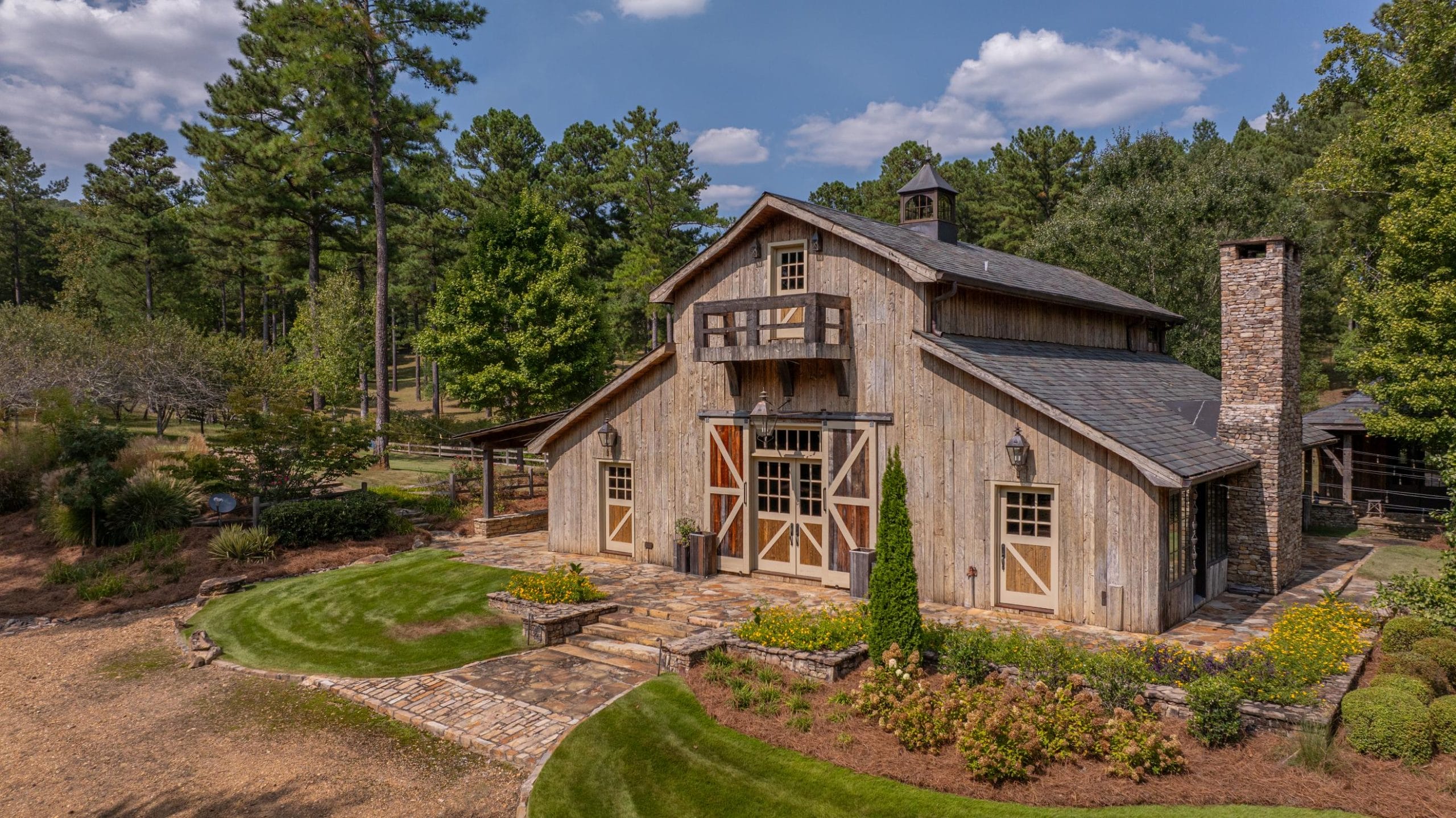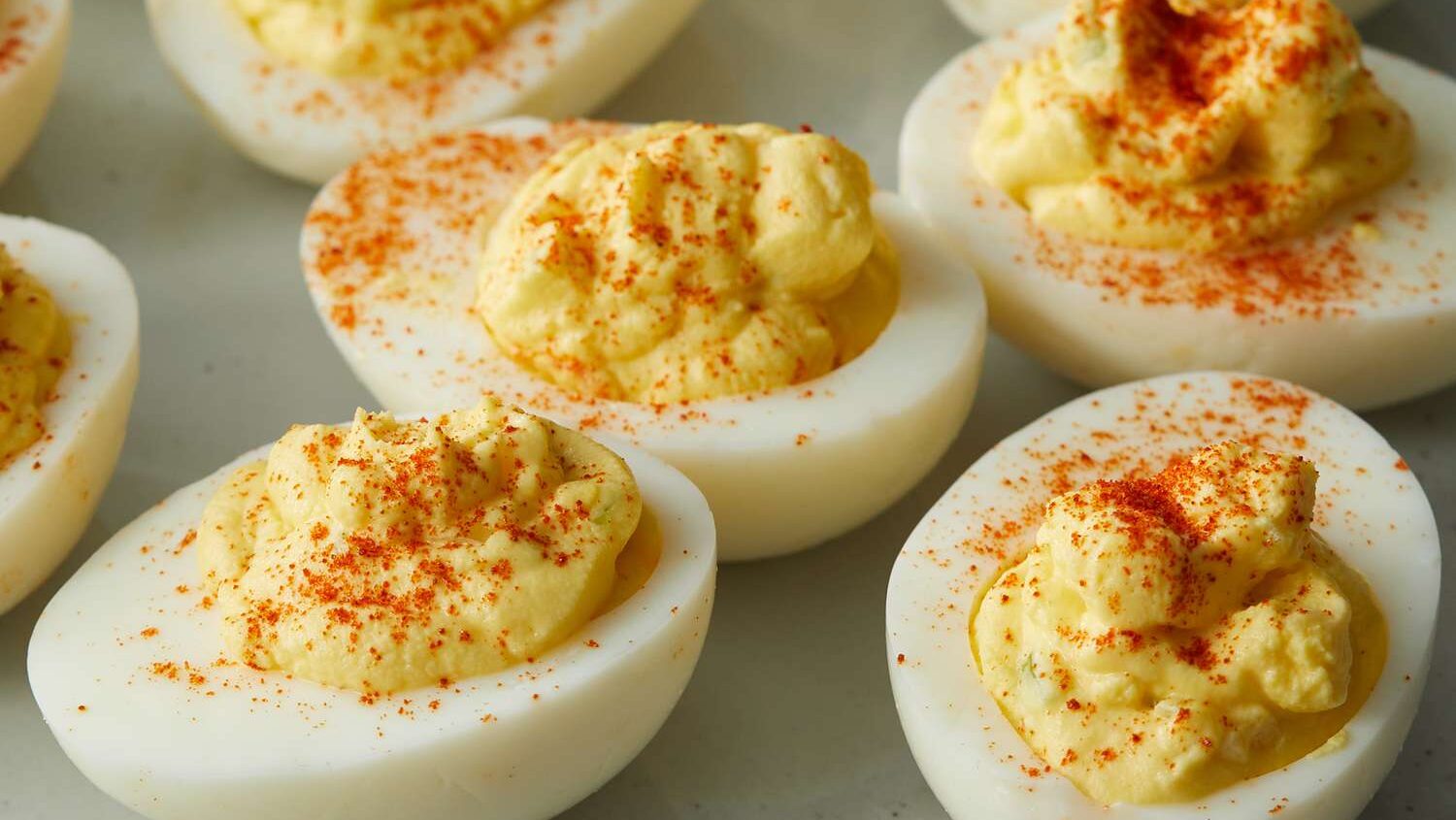Pray First
Read Genesis 4:1-8
According to National Geographic, Alex Hannold is a rock climber famous for his free solo ascents to the peaks of the most difficult rock walls on the planet. Free solo means no ropes, no safety gear, no margin of error. He has spent months and years training and planning to perfect his skills to reach the heights to which he aspires. He must become intimately aware of the cracks and crevices in the enormous stone walls. He studies the effects of the sun, wind, and potential for rainstorms. These are all factors that dictate his decision to climb and his direction for movement. He must be intensely focused and so confident in the skill he has honed in his craft that even the greatest diversion, like a falling rock, doesn’t disrupt his concentration or intent. His fingers and toes must remain strong and steady, dug into the tiny edges upon which he has perched. He cannot enter this task without being wholeheartedly committed to his endeavor, as even the smallest mistake could have the severest consequences. His whole heart and mind must remain singularly focused on the task he has trained for and planned for in order to receive the joy of standing on the peak.1
Cain and Abel both had a task to complete yet they went about it in two different ways. In Genesis 4:1-8, we read that Cain and Abel each brought a sacrifice to God. God had regard for Abel’s offering but rejected Cain’s offering. They both brought gifts of sacrifice to God, so why would he respond so differently to the two of them? Genesis 4:3 tells us that “Cain brought some of the fruits of the soil as an offering to the Lord.” An offering, nothing special, no descriptions about it being the first of his bounty, just “some.” But when the Bible tells us about Abel’s offering, there’s something more. “Abel also brought an offering–fat portions from some of the firstborn of his flock” (Gen 4:4). There’s quite a difference in the descriptions of their sacrifices. Abel obeyed and gave his best, yet Cain decided for himself what he thought was good enough.
The real difference in what they chose to bring to God was in their hearts. Hebrews 11:4 tells us, “By faith Abel offered to God a more acceptable sacrifice than Cain, through which he was commended as righteous, God commending him by accepting his gifts.” By this scripture, we can deduce that God accepted Abel’s offering because it came from a heart of faithful obedience. God knew Cain didn’t have a heart for Him. God told Cain that “sin is crouching at the door. Its desire is for you, but you must rule over it” (Gen 4:6-7). Instead of humbly repenting to God, Cain became angry and let that anger fester and grow in his heart so much that he eventually killed his brother.
Abel, on the other hand, wholeheartedly gave his best. His heart was for God and to please God.
Just like God knew the hearts of Cain and Abel, he also knew the heart of David. In 1 Samuel 16, we read that God sent Samuel to anoint a king for Israel. God rejected all the sons of Jesse except for the one that had a heart for God, the youngest. Acts 13:22 tells us that “after removing Saul, he made David their king. God testified concerning him: ‘I have found David son of Jesse, a man after my own heart; he will do everything I want him to do.’”
God knows our hearts as well. He knows if we have a desire to follow him and please him. He wants our whole hearts, our total surrender to him, our obedience. This type of heart is more important to him than what we give or do. He wants our hearts to be for him so that we will do whatever he asks. Why give to a charity? Why lead a group of teenagers in a Bible study? Why mow the yard for an elderly neighbor? If the reason is for personal attention or self gain, then there’s no real heart for God, or others, in the sacrifice. “Does the Lord delight in burnt offerings and sacrifices as much as in obeying the Lord? To obey is better than sacrifice, and to heed is better than the fat of rams“ (1 Sam 15:22).
When Alex Hannold commits to climbing a gigantic rock wall, he gives it his whole heart. He studies everything about it. He practices the tasks and maneuvers needed to complete the climb and often does so with a community of others committed to the same goals. He doesn’t try to make the mountain conform to his own ways, he must follow the characteristics of the wall in order to ascend to the peak.
How do we develop a whole heart for God? How do we become known by God like David, a man, or woman, after God’s own heart? How can the lives we live be acceptable to God as was Abel’s?
“Love the Lord your God with all your heart and with all your soul and with all your strength. These commandments that I give you today are to be on your hearts. Impress them on your children. Talk about them when you sit at home and when you walk along the road, when you lie down and when you get up. Tie them as symbols on your hands and bind them on your foreheads. Write them on your doorframes of your houses and on your gates” (Deut 6:5-9).
In other words, commit to studying and knowing God much like Alex Hannold commits to studying a gigantic rock wall. Get to know the character of God. Study his word, study with other believers. Learn his truths and obey him. His character and commands don’t change, just like a rock wall doesn’t change to the climber’s desires. It does us no good to pick apart God’s word to fit it to our own desires or agendas. He doesn’t want us to live by only a few verses that we take out of context and decide what we would like the Bible to mean. Our ways, what we think may be logical or make sense, are not the ways God sees things (Isaiah 55:8-9). Cain decided for himself what he thought was good enough, right in his own eyes. And God rejected Cain’s way. Abel and David had a heart for God and God blessed them. “Joyful are people of integrity, who follow the instructions of the Lord. Joyful are those who obey his laws and search for him with all their hearts. They do not compromise with evil, and they walk only in his paths” (Ps. 119:1-3).
If we are haphazard or nonchalant about our relationship with God, we will miss so many of his blessings. And the consequences of rejecting him can leave us facing some of life’s greatest difficulties alone. We can always repent and turn back to God. He is glad to be our rope of rescue to save us from our sins. He is a God who loves to give us the opportunity to begin again.
Worship Songs: Heart of God by Zach Williams
O Come to the Altar by Elevation Worship
Find Tracy on Facebook at Tracy Fields Todd, Writer, and on Instagram at @tracyftodd.




